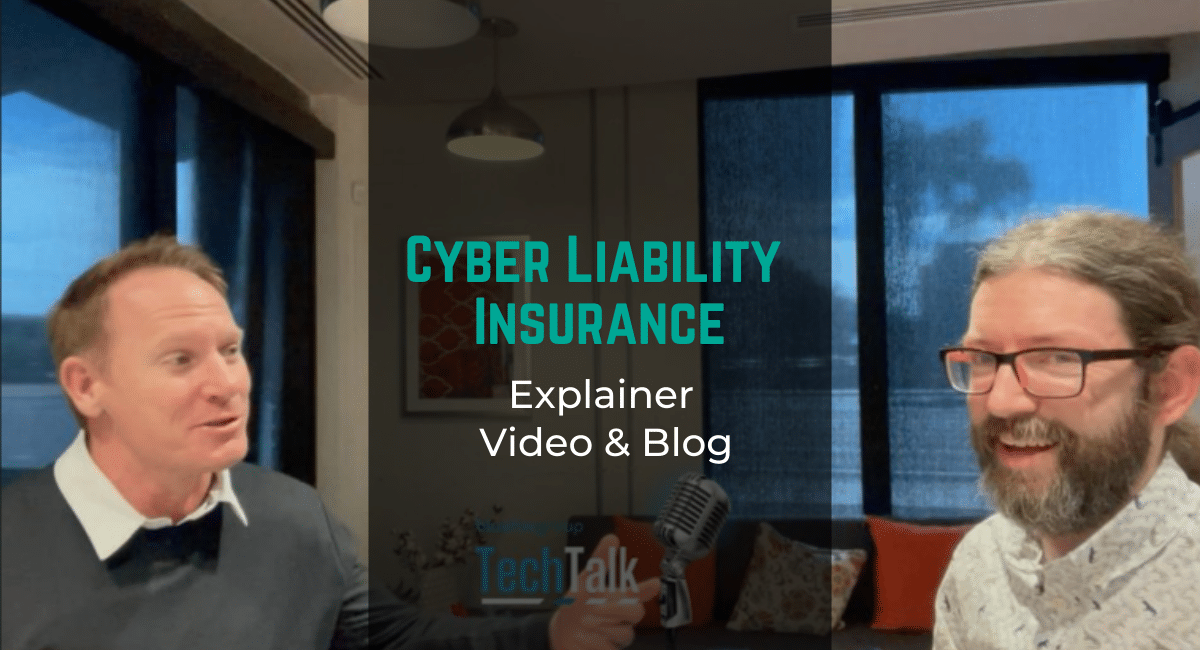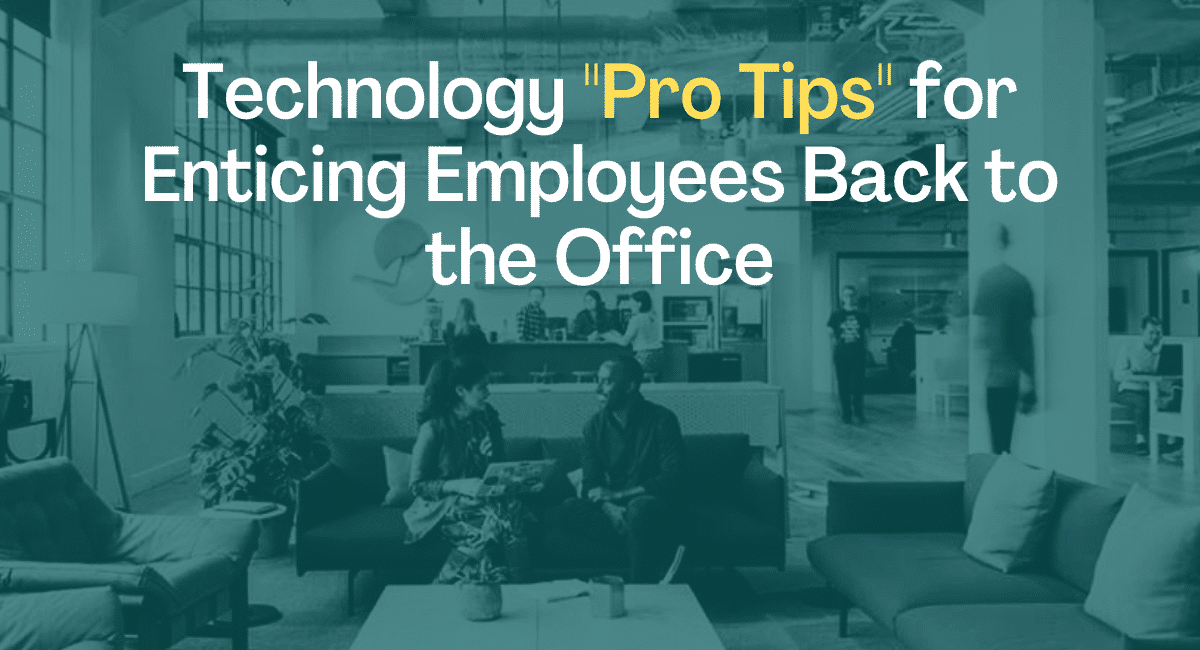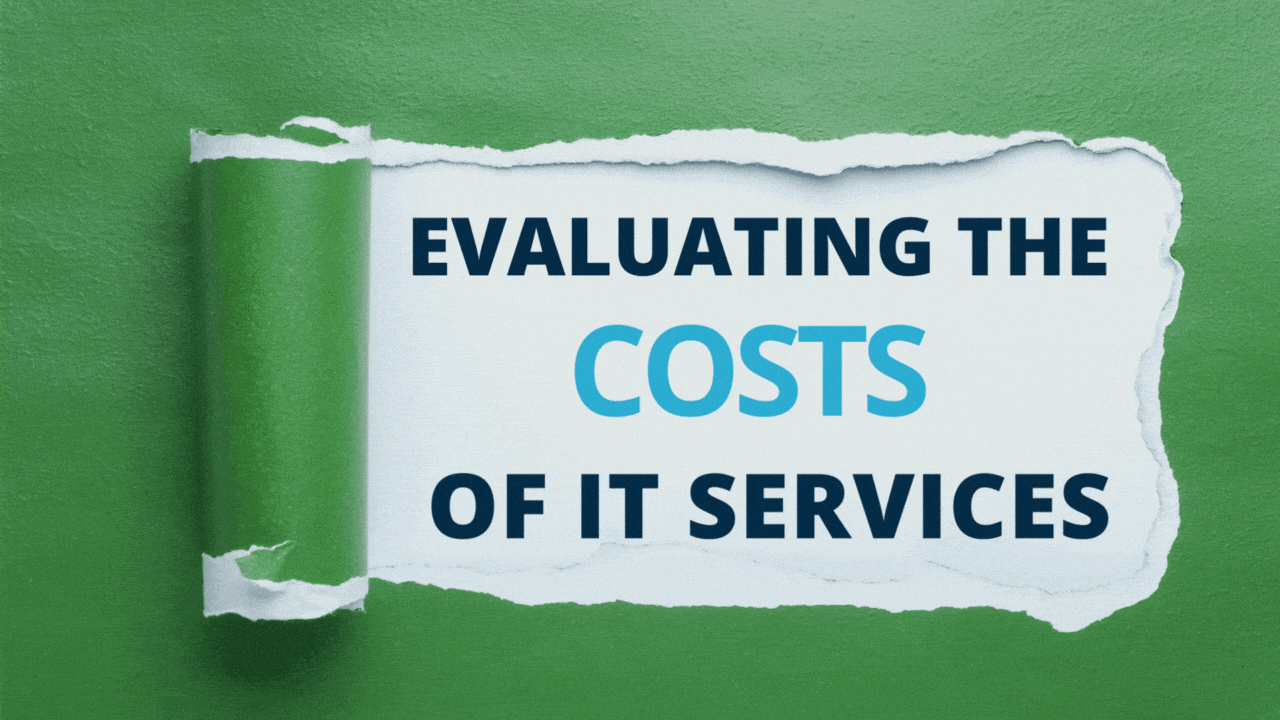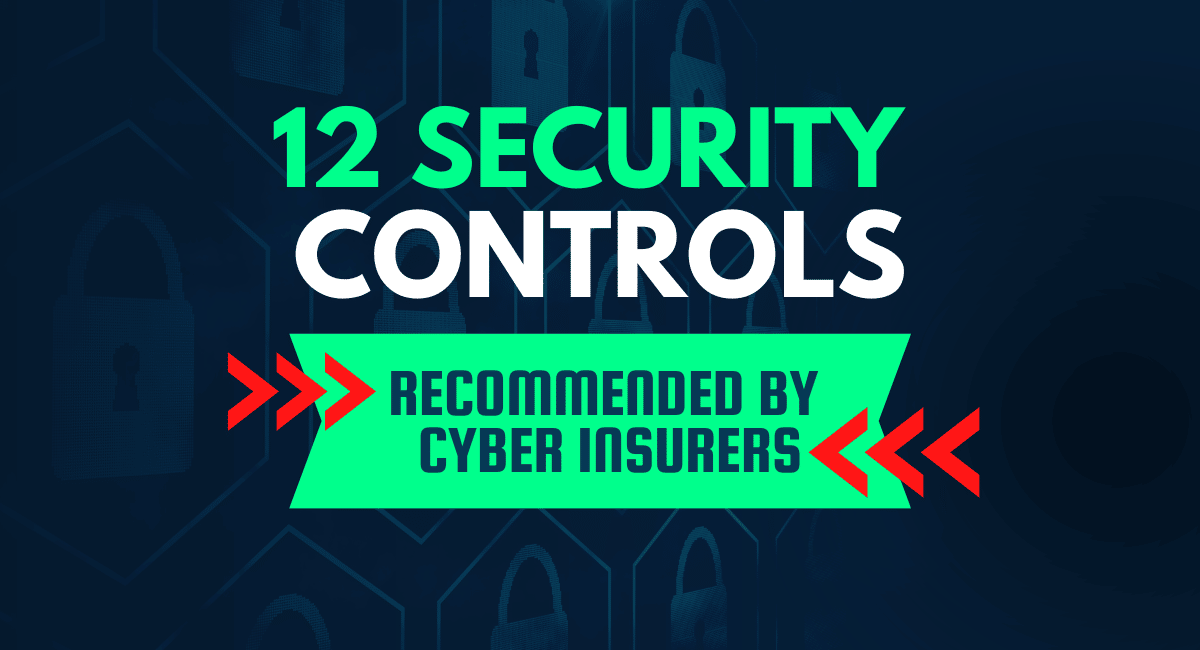Why Hackers Outsmart Your Best Security Efforts

Hackers are Smart
Here’s the unspoken reality that many business leaders fail to acknowledge, hackers and cybercriminals are smart. Cybercriminals have a single mission, and that is to take something you have. They want to steal your credentials, resources, passwords and financial information. Once they steal these resources, they can hold your organization ransom for payment (aka ransomware), or they may sell your data on the dark web.
The cyberbullies are always ahead of anti-virus software and firewalls because these tools are built and designed to detect and keep out known threats. Unfortunately, your anti-virus software can’t prevent a smart hacker from swiping your employee’s network password on the free coffee shop Wi-Fi splash page which can later be used to penetrate your network or sell their credentials on the dark web. The truth is that your AV software just can’t keep the hackers out.
What is IT to do about security threats, and why are they not doing enough?
What about IT? What are they doing to protect the network? IT teams who monitor online threats receive hundreds of alerts every day and if not careful, can spin their wheels trying to decipher which threat alerts are important and which threat alerts are not. Additionally, management is always looking for ways to save money and may provide incentives or cash bonuses for IT teams who come under budget or keep from overspending. These mandates and incentives have caused IT teams to skip upgrades, ignore PCI compliance, and put less focus on data threat remediation. IT budgets have been traditionally small, and the labor required to keep up with sophisticated cybercriminal activity is proving to be inadequate. As security threats and cyberbullies become more sophisticated, IT teams are expected to stay a step ahead of cyber thieves, spend appropriately and keep up!
And this is the rock and hard place in which IT teams find themselves today.

Don’t believe it? Think you’re too small to get hacked?
The company we described above was not Walmart or Target. This company was a small business like the doctor’s office, golf course, and retail outlet that are in your own neighborhoods. Many business leaders think that cyber thieves target larger organizations and do not believe they are a target, but that could not be farther from the truth. Big businesses, by contrast, invest lots of money into their networks and practice multi-factor authentication, deploy the latest security software and have SOC watching and monitoring for unusual behavior. Smaller businesses are much more vulnerable to advanced cyber-attacks because often, no one is watching, and they don’t know what to do when a threat occurs.
Wondering what’s already on your network?
You should wonder what’s on your network. Someone is trying to hack your network and steal your data. No company is exempt from this fact.
Blue Fox Group works specifically with small-to-medium sized businesses to help craft security solutions that protect their data and prevent unnecessary emergencies that interrupt the flow of business. Our Security and Compliance engineers are experts in the latest threats and advanced security practices to help you stay ahead of smart hackers. We work to understand how your business operates, the security concerns you face, and the regulations that govern your business to create a security posture that aligns with your security needs.
2 Ways to Proactively Prevent Cyber Criminals From Reaching Your Data
Blue Fox Group wants to help you proactively secure your network and identify threats that potentially could lead to data loss. Regardless of the size of your organization, we have two ways to engage with us:
- Free Dark Web Review: we will conduct a free one-time scan for your social security number, email, and phone number on the dark web. If we can find it, so can cybercriminals.
- No-Cost Security Network Assessment: Safeguarding your business from cyber threats demands a comprehensive solution that extends beyond data protection. This audit will follow a 5-step process providing you with a plan of action for moving forward.
- Review of your security posture and gaps
- Review any regulatory compliance activity and requirements
- Review the best practice Cloud Strategy
- Determine how to store and safeguard large amounts of sensitive data
- Build a Remote Worker Security Checklist

let's connect
Let’s make technology work for your business and help you exceed your business goals.
share this post
related posts














